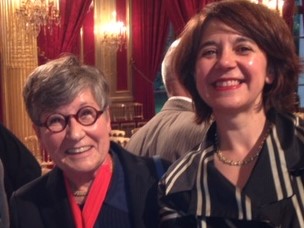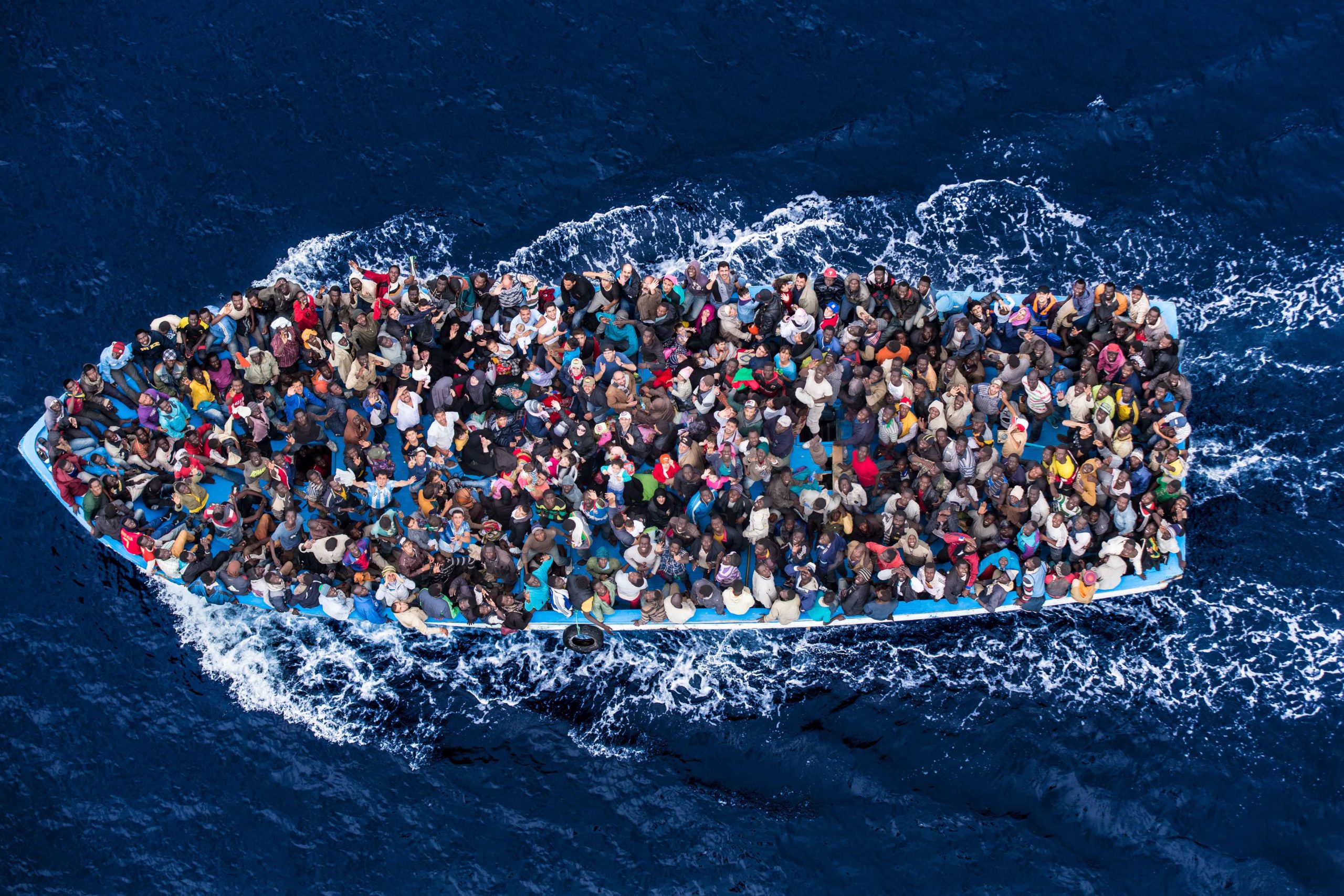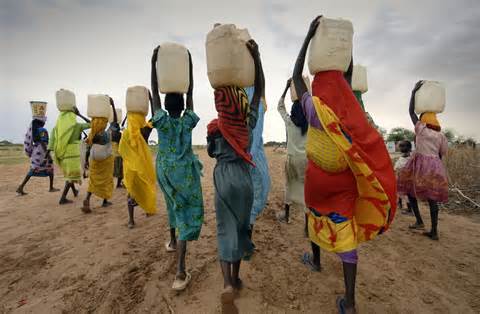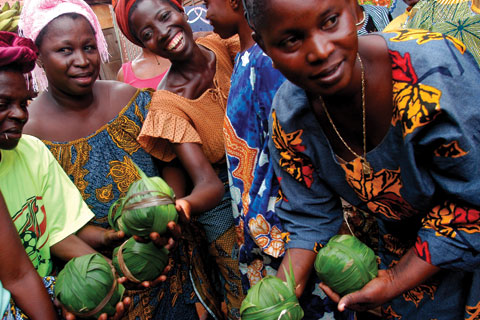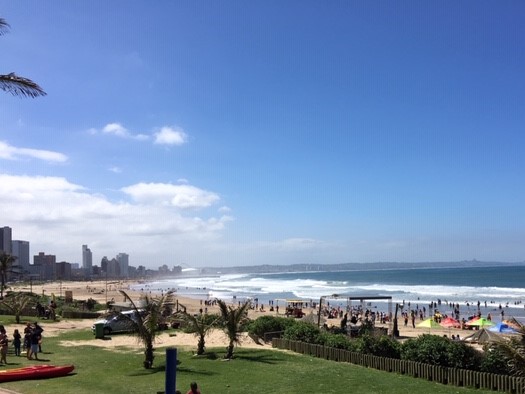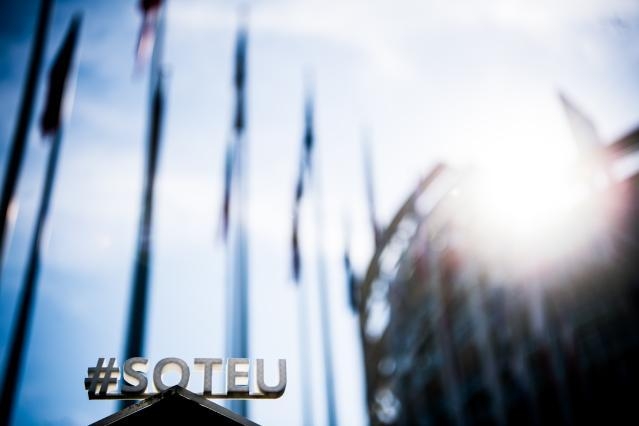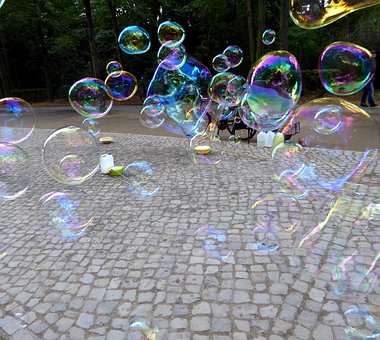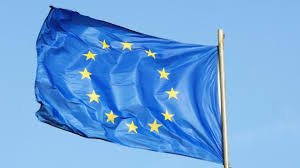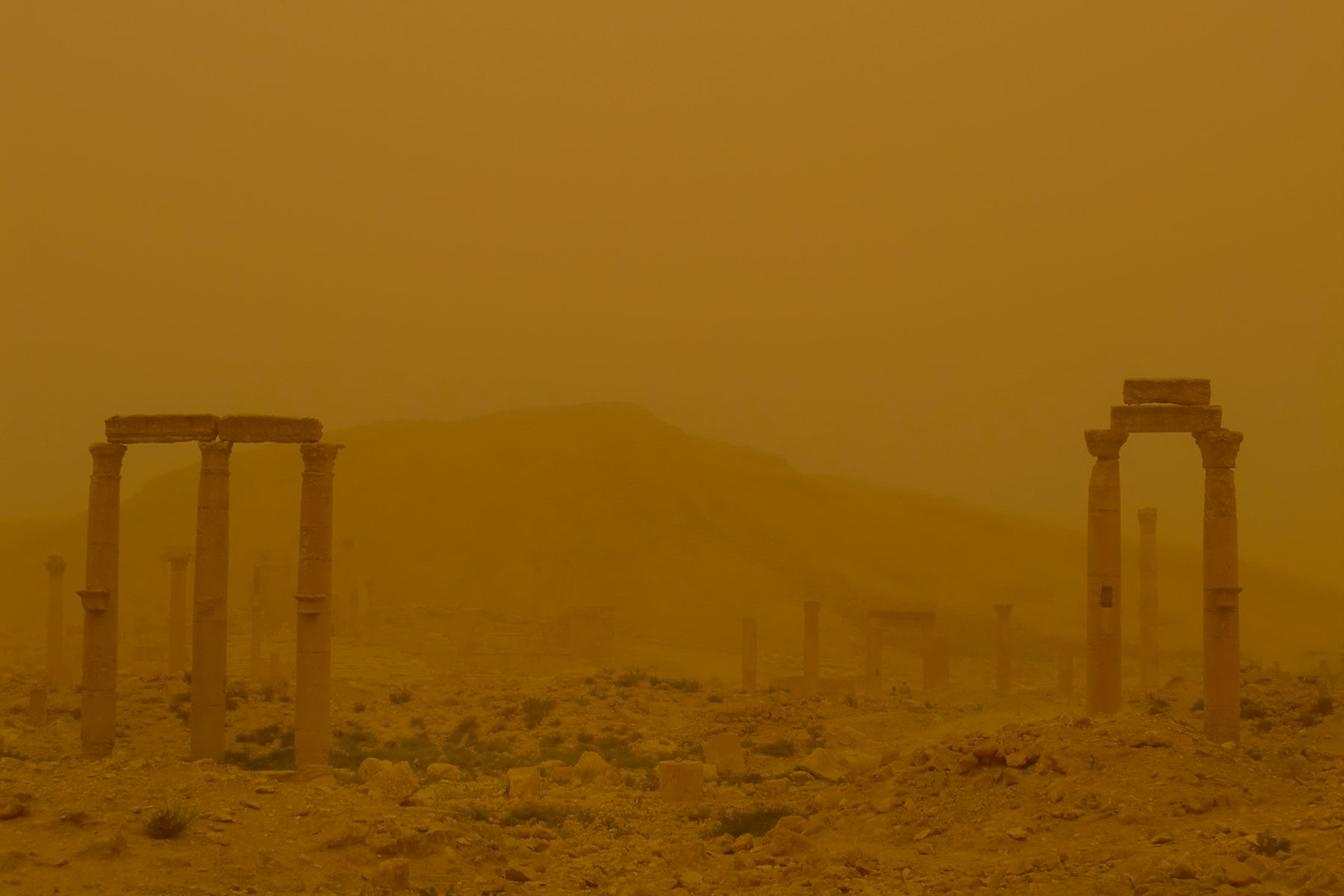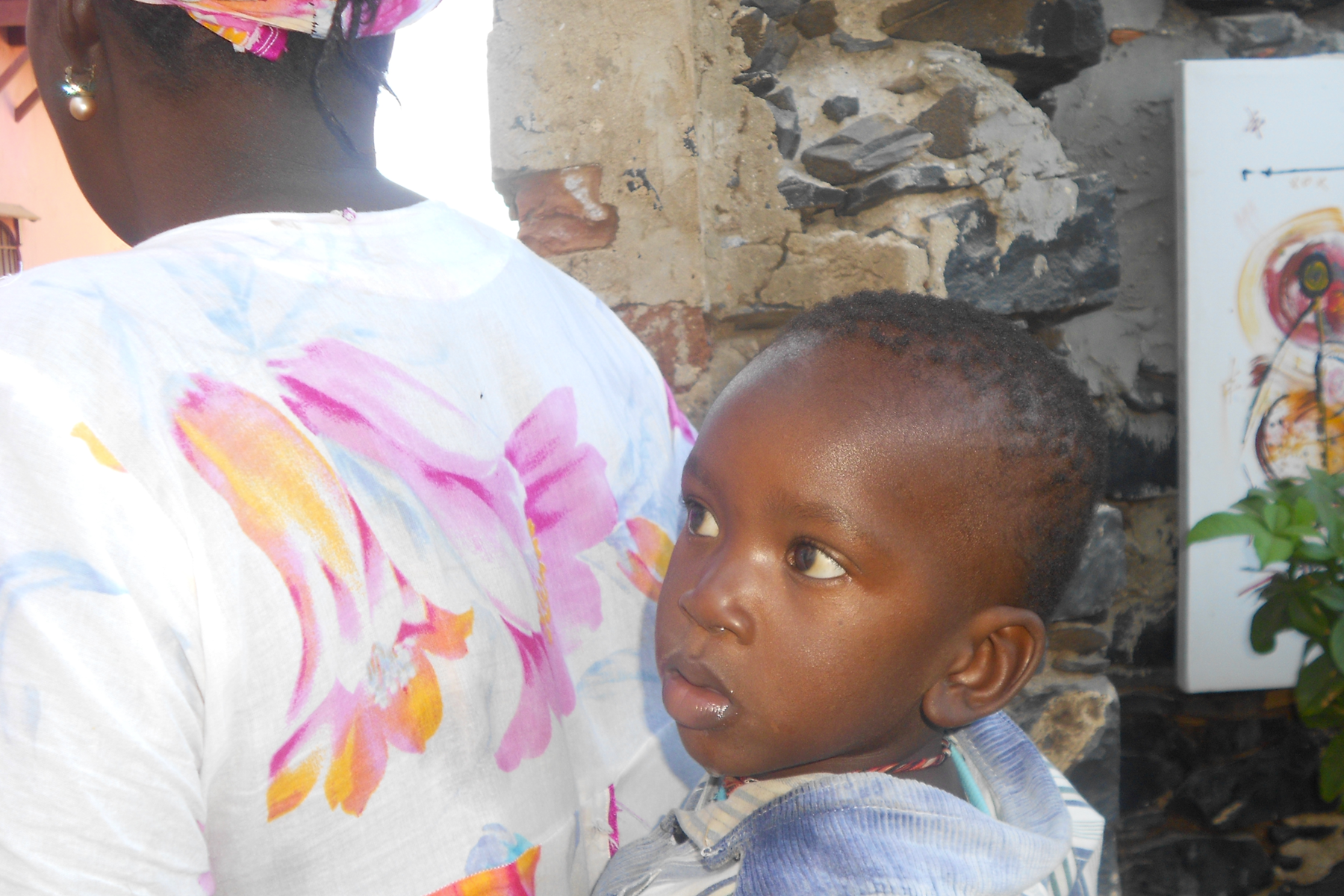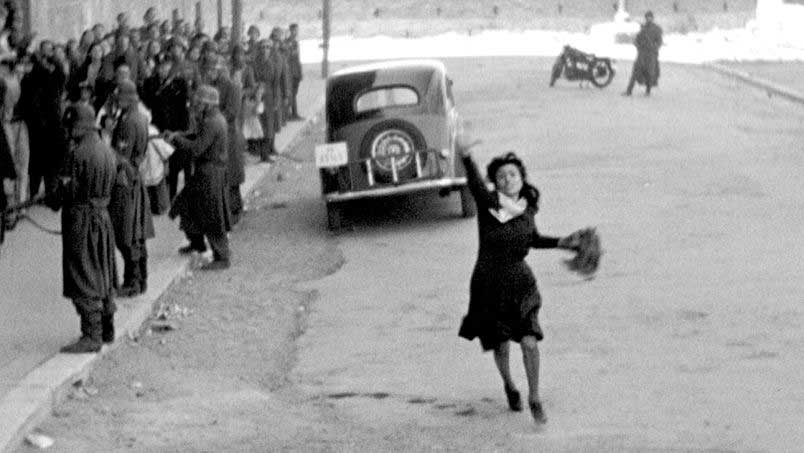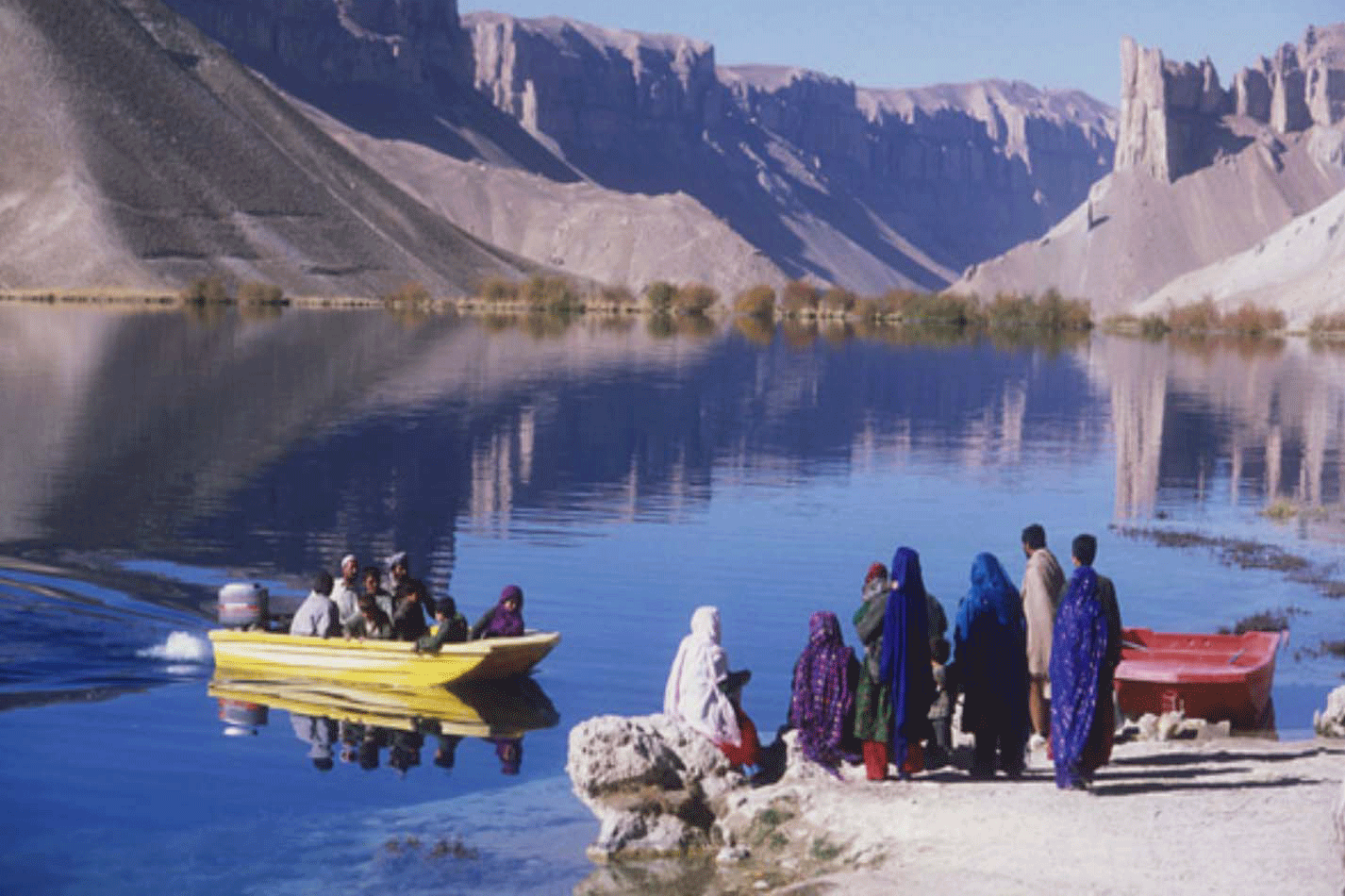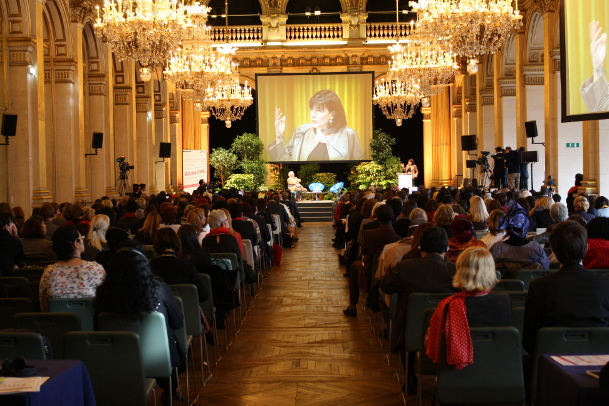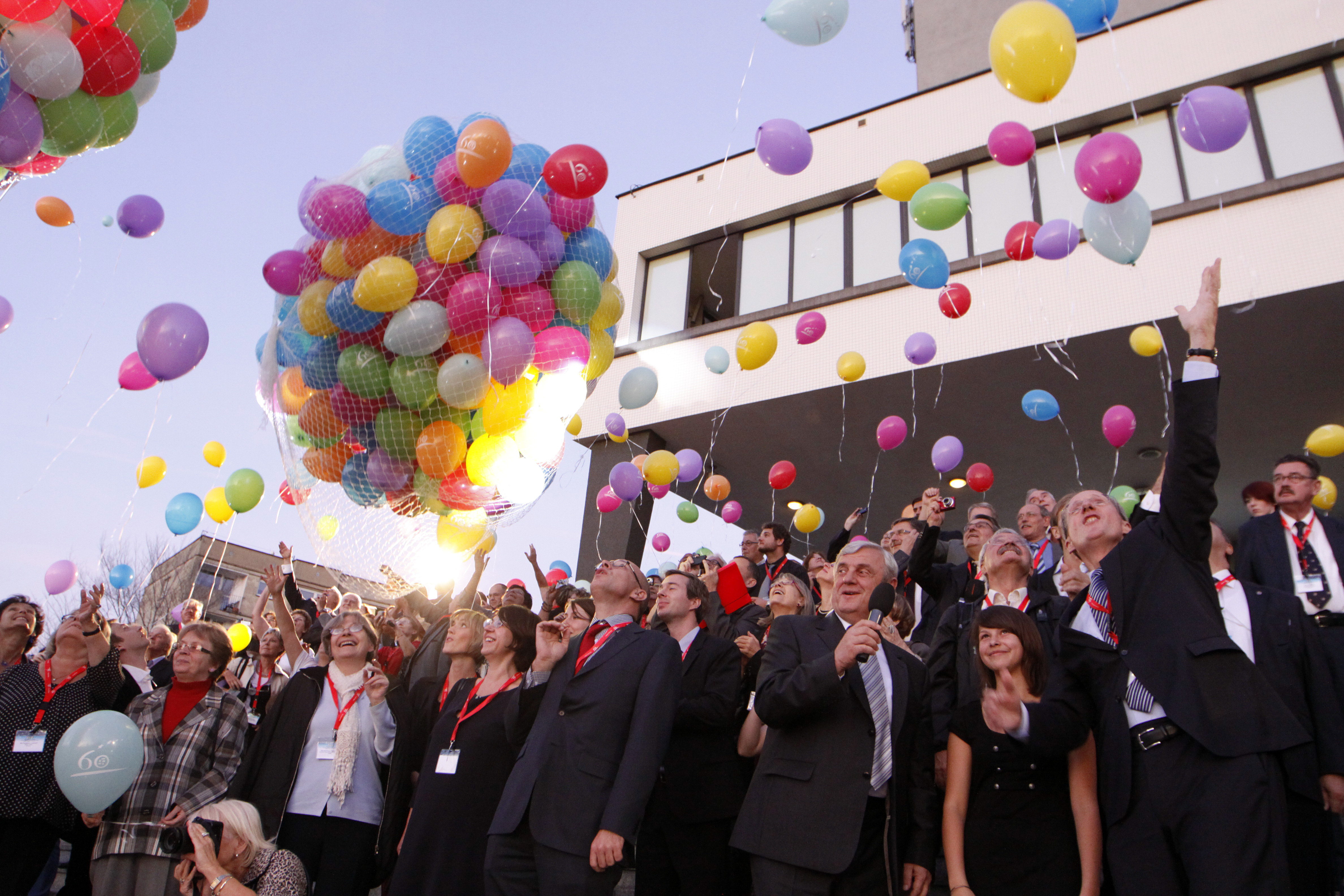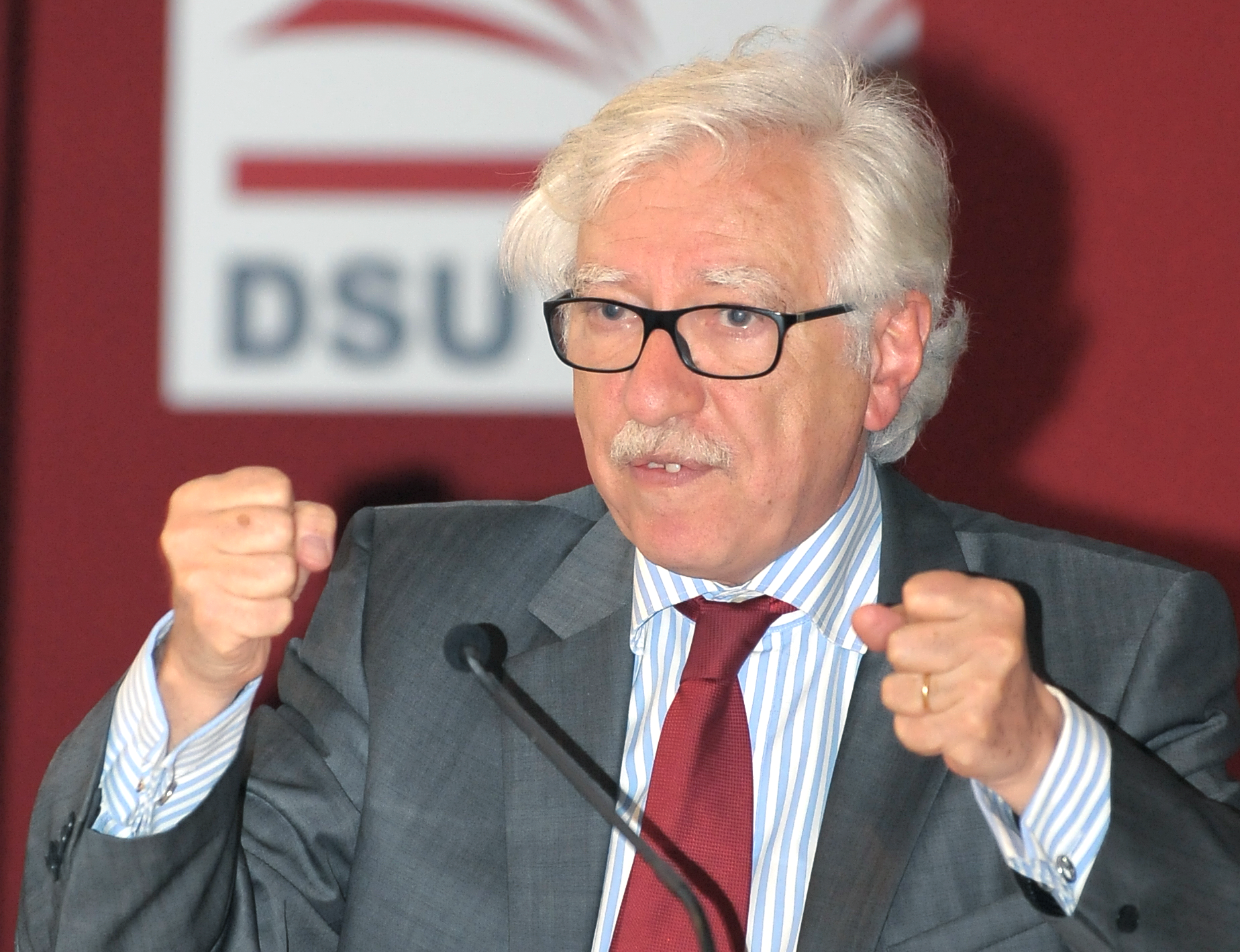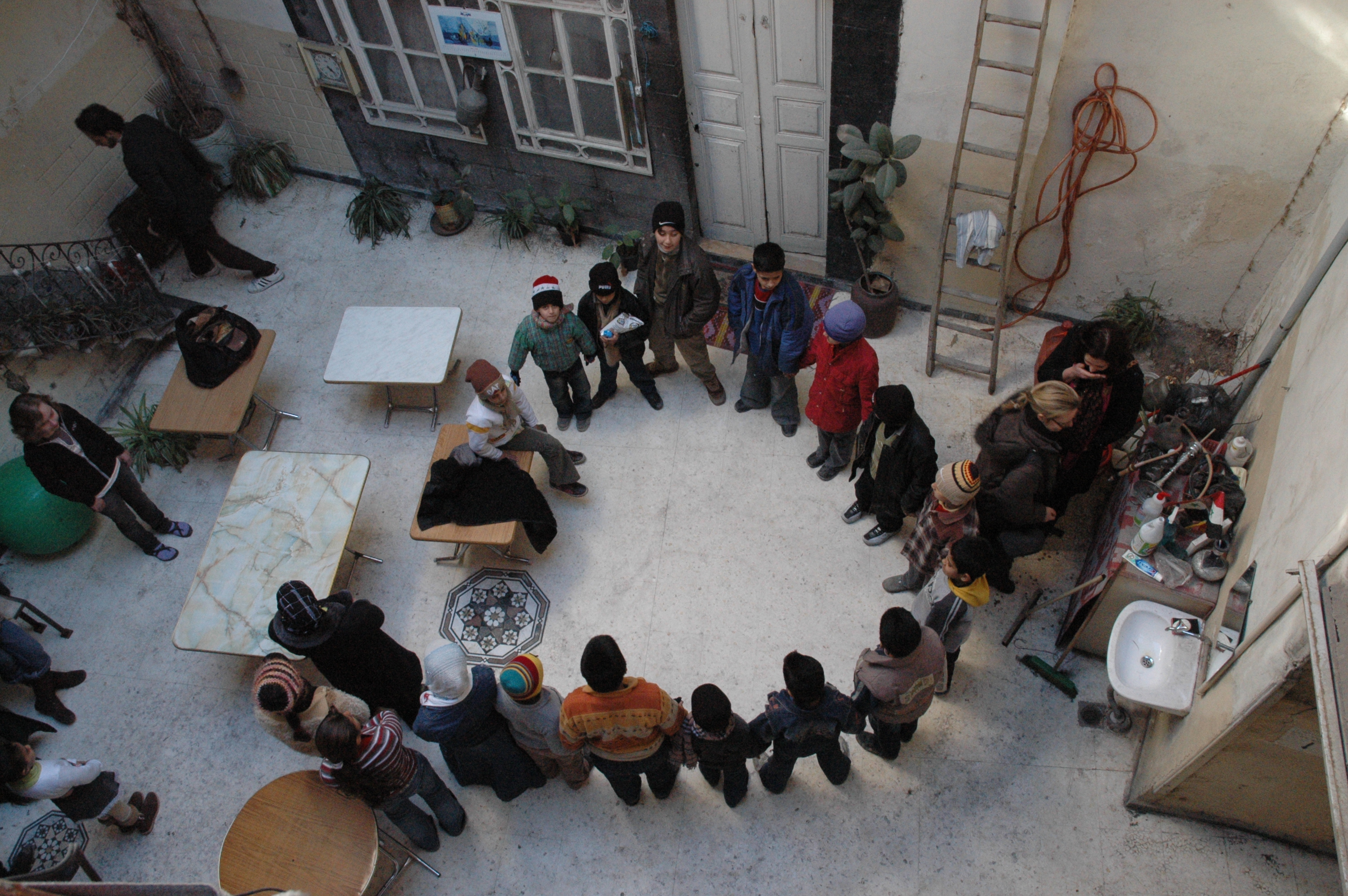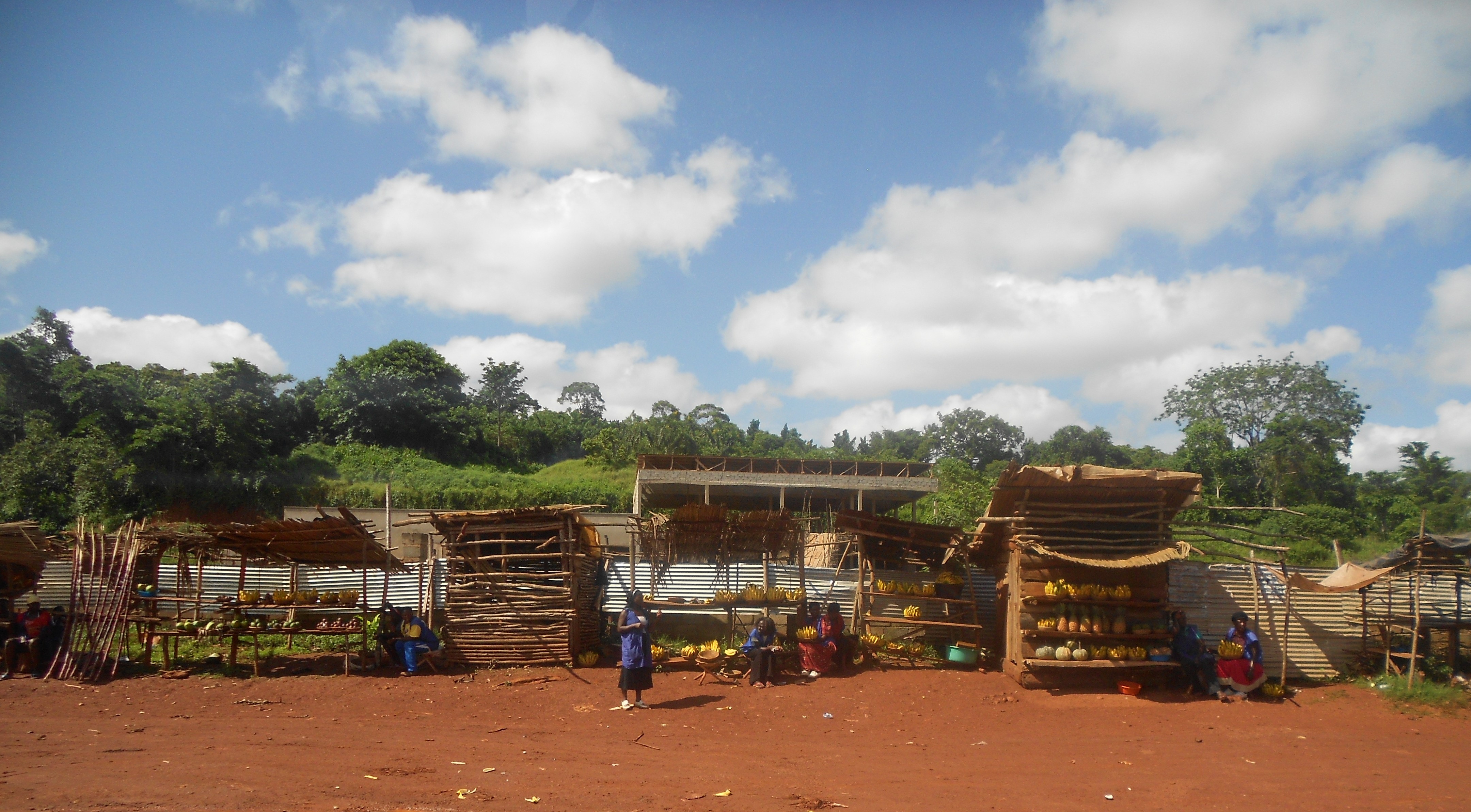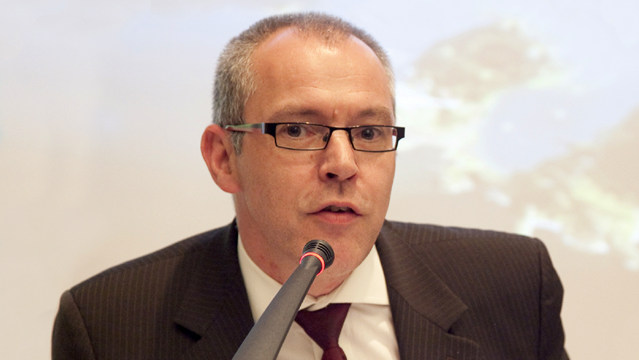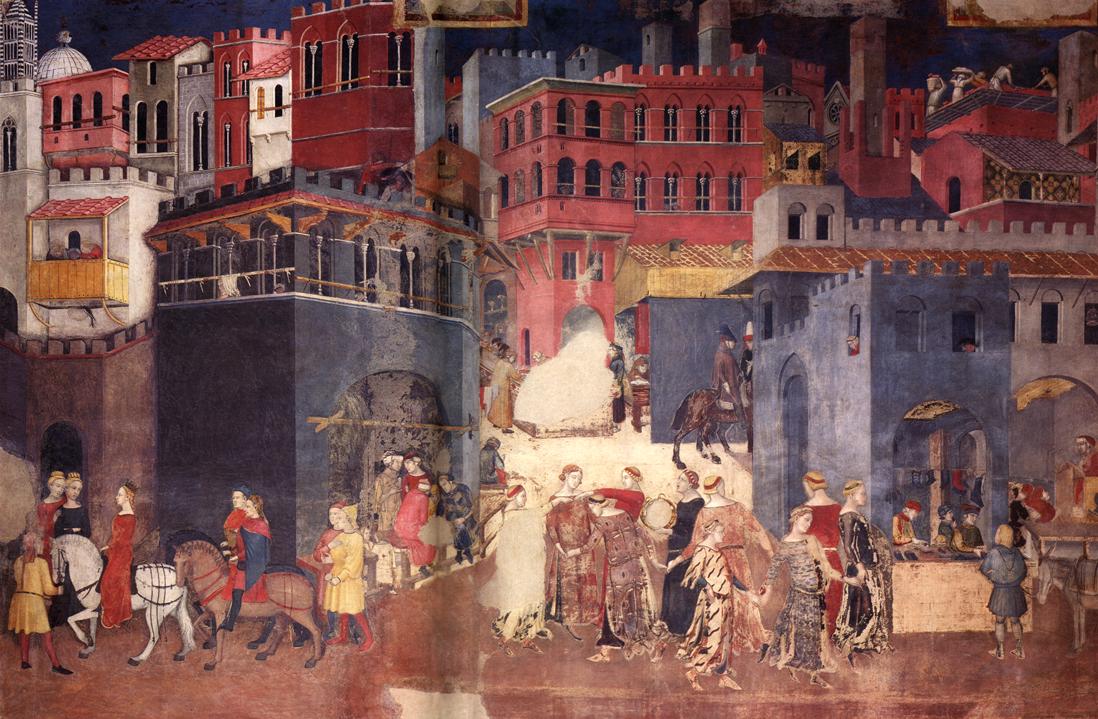Interview with Denis Pourchet
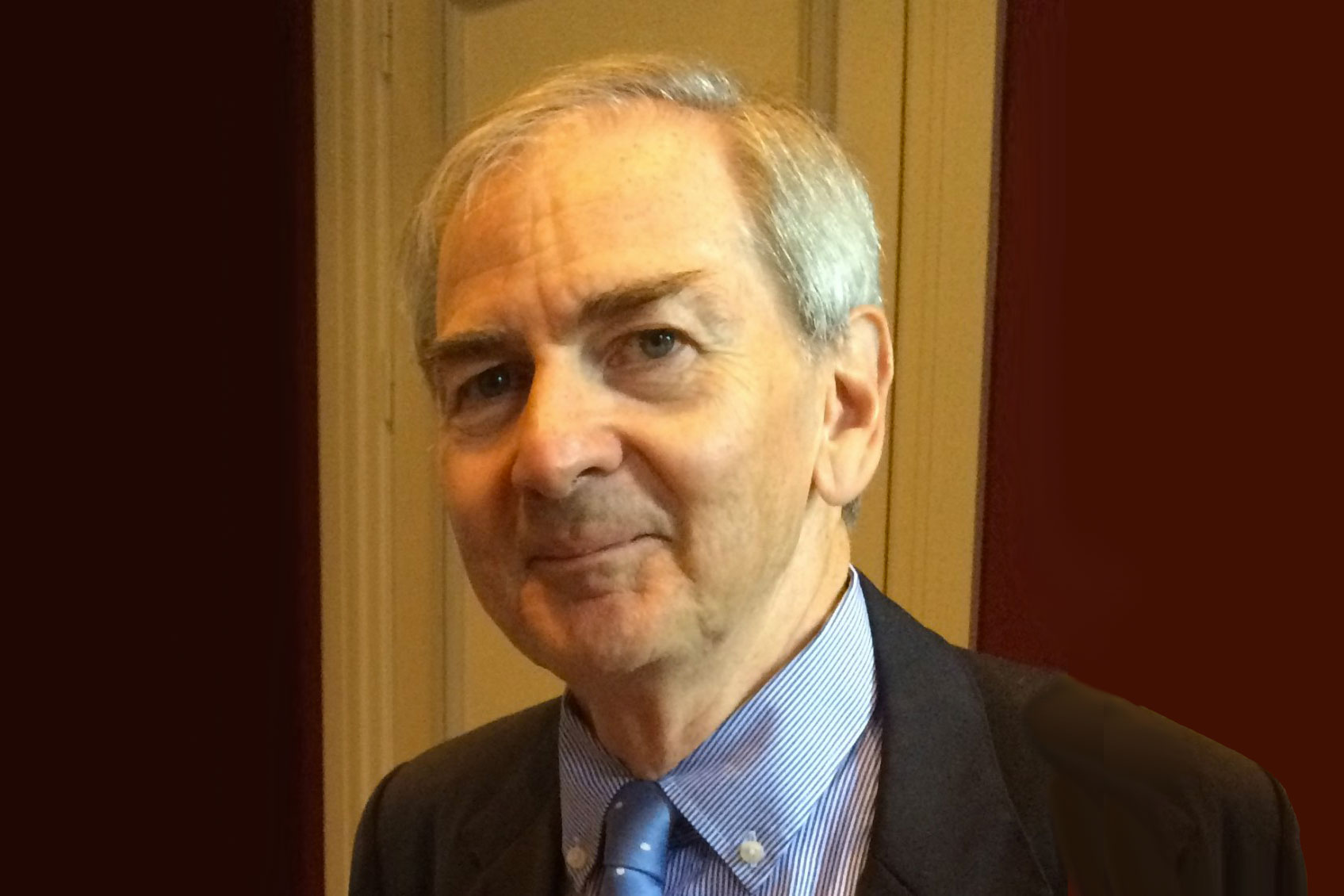
Denis Pourchet was the first person I met when CEMR began lobbying the European Commission to secure recognition for the role of local and regional authorities in development cooperation. This was in 2005.
I am extremely grateful to him for having accepted to do this interview. I also wish to express my sincere thanks for the trust and receptiveness he has always shown me, as well as his constant support, which I value greatly.
Before beginning, I would like to provide some background information on this staunch European, to whom local authorities and development cooperation owe a great deal.
Europe and regions were part of the core of Denis Pourchet’s work practically from the beginning. A long-time activist for Europe, he was President of the European Movement for Burgundy in 1982. As a senior-ranking regional official, he was appointed Director of the Cabinet of the President of the Regional Economic and Social Committee (CESR) of Burgundy. He began working in the European Institutions in Brussels in 1986. In 1994, he joined Europe’s Committee of the Regions (CoR) and contributed to its establishment. In 1998, he returned to the European Commission where he was the primary administrator in charge of SMEs before joining EuropeAid (DG AIDCO) in 2001, where he worked to promote development cooperation. In 2005, he was entrusted with overseeing the issue of “local authorities for development” and decentralised cooperation. Assigned afterwards to the new “crises, fragility” unit, he was notably in charge of the organisation (and its follow-up) of the donor conference for Mali. Even after retiring in 2013, he has remained actively involved in this issue as Advisor on Mali.
1) (SC): We first met in 2005, at the start of the actions advocating for the recognition of the role of local authorities in development cooperation. What are your views on the developments since then regarding this issue? What has been accomplished? What obstacles remain and what still needs to be done?
Before, the Commission worked almost exclusively with actors from civil society such as NGOs active in development. Following the adoption of Pierre Schapira’s report in 2006 on the role of local authorities in development, which gave rise to the Non-State Authorities/Local Authorities (NSA/LA) programme for the 2007-2013 period. Today, there is effective recognition of the role of local authorities in development, while NGOs play for the most part a role that is complementary to the one played by LAs (one with local knowledge, another with experience regarding specific issues). In May 2013, the European Commission adopted the Communication “Empowering local authorities in partner countries for enhanced governance and more effective development outcomes”. After adopting this Communication, the Commission developed an Action Plan to strengthen the EU’s commitment to LAs. What was thus achieved was the affirmation of the role of LAs in the area of EU cooperation and development with the introduction of new practices that amounted to LAs being systematically included in European Commission documents and discussions. All of this was moreover confirmed during the programming of the financing instruments for the 2014-2020 period. In keeping with this new approach, the new thematic programme Civil Society Organisations and Local Authorities (CSO/LA) was adopted in July 2014 to continue the work begun in the previous NSA-LA programme. To achieve further progress would require enabling the European Institutions and the LAs, both of which are public authorities, to work together more systematically, on the same themes by committing to joint projects.
2) How do you perceive Europe’s position in the world today, particularly with regard to its foreign policy?
Contrary to the development cooperation policy, which has existed since the creation of the European Community, Europe’s presence on the foreign policy stage is a relatively new one. It follows on the establishment of the European External Action Service (EEAS) five years ago but has yet to make a strong mark both outside and inside of the EU. In fact, the Member States and notably the largest countries have balked at renouncing any of their sovereignty, and coordinating national policies has never been a simple matter, with positions often being so very far apart. Stemming from the Lisbon Treaty and established by the decision of 23 July 2010, the EEAS has up to now found it quite difficult to find its footing. Of course, it is never a simple thing to set up a new institutional body, particularly one that is a bit of a hybrid, with its three thirds rule (one-third made up of Commission officials, one third of Council staff and the remaining third composed of national diplomats) that affects personnel, all of which makes it difficult to have the cohesion necessary to create a common identity. Employing 3 402 agents, representing the EU in 163 countries and 8 international organisations, the EEAS should start to become more effective, but its room to manoeuvre will most certainly continue to be hampered by the resistance of the national authorities and by a burdensome Euro-scepticism dead set against any further integration when it comes to foreign policy.
3) What is the role of European local and regional authorities in this regard?

Nowadays, local authorities are essential in a certain number of areas, especially with regard to the many conflicts that shake up our world; the local level remains vital.
Whether it is a question of refugees, ensuring security, health or environmental issues, the local level is the right level to handle these matters in keeping with the application of the principle of subsidiarity. The two levels, European and local, are in fact rather complementary. The local level represents proximity to the citizens, while the EU manages the competences assigned to it under a federal system. However, given that local authorities are sub-national entities and the EU is a supranational one, endorsement of any actions to be implemented remains the prerogative of the Member States, since the EU is still required to work hand-in-hand with the latter.
4) Which crisis situations should Europeans heed the most and in which ones should they be most active?
Besides the further integration of the EU, which should continue with the countries most open to doing so (hard core), the creation of a European army has now become an absolute necessity. Having a foreign policy without having on hand its necessary corollary, a European military force, is not viable. We have seen this concretely in foreign conflict areas like Mali, where virtually only one Member State, France, had to take on with EU support a large part of the efforts regarding development aid and especially military aid. We must also have the lucidity and the courage to reconsider policies and models of cooperation that are no longer suitable and that are often rejected by our partners. The situation regarding the neighbourhood policy in the south and east is an example of this. Moreover, there should no longer be talks about further enlarging the EU, which is already having a hard enough time ending the crisis, as this would further weaken it by watering down its specific economic, as well as social, political and moral, characteristics.
5) If you had to explain why the European Union is important today to a European citizen, what would you say?
That the European states are too small to go it alone against the global competition of the superpower continents consisting not only of countries like the U.S. and Russia but also emerging powers such as China, India or Brazil. What is needed is a united Europe, an economic power capable of competing with its rivals, of maintaining employment levels and upholding its cultural and social values. The pooling of means allows for economies of scale and strengthens the cohesion amongst the Member States of the Union. Europe is currently going through the most serious crisis in its history. We are a far cry from the Europe of ideals and human values that mobilised generations of citizens. Despite the modest signs of recovery, there is a real risk today of Europe breaking up and unravelling if we do not present concrete objectives to the general public; but that is something that needs to be tackled by our governments.
6) What is the role of the EU in today’s world?
It is a fundamental one, but unfortunately, many European citizens do not really perceive it that way in spite of the enormous advances and benefits, such as peace, that we have achieved since the creation (Treaty of Rome) of the European Economic Community in 1957. Fortunately, Europe, with all of its advantages, is often viewed in a more positive light from outside of its borders. Today, if we want Europe to continue to play a major role alongside the superpowers like the U.S. or China, we must rid ourselves of the prevailing Euro-scepticism that makes it the scapegoat. Without a leader to take it forward, the current situation will lead to stagnation and to the disappointment of public opinion. It is now urgent to reform Europe so that we might have a federation of nation-states adapted to the times.
I would like to extend my thanks again to Denis Pourchet for this contribution, which provides not only important information regarding the EU’s foreign policy and European policy for development, but also conveys his European message, which will help, I hope, the reader to fully appreciate the very point of the European Union today and what exactly is at stake.




 All news
All news
